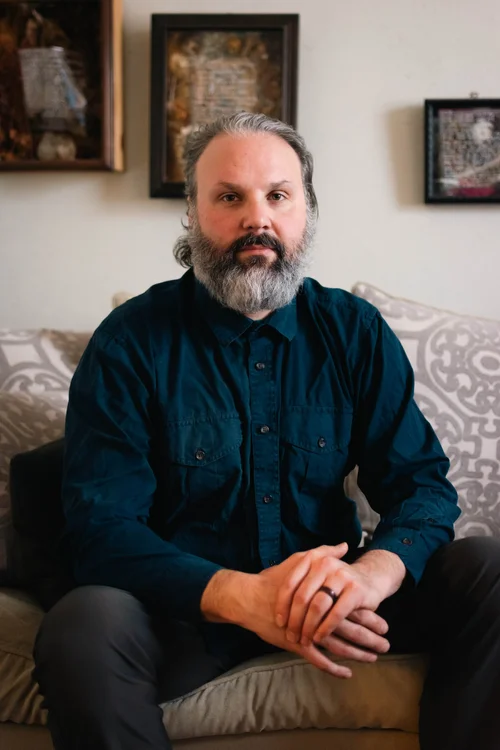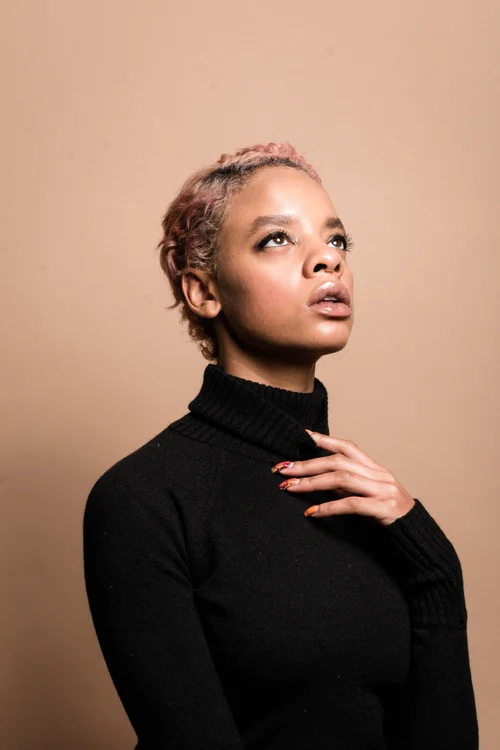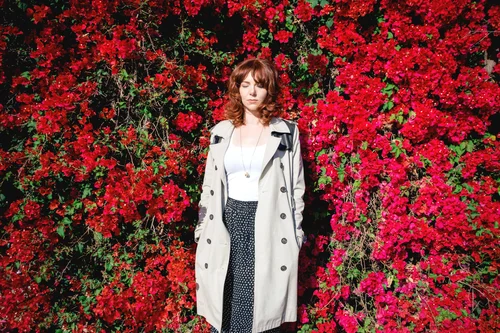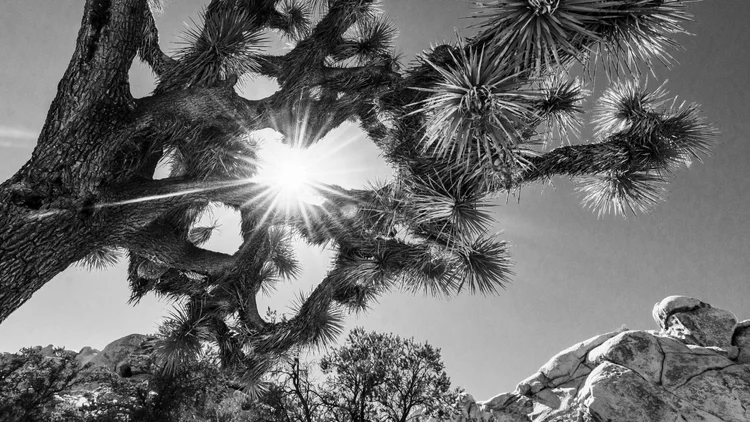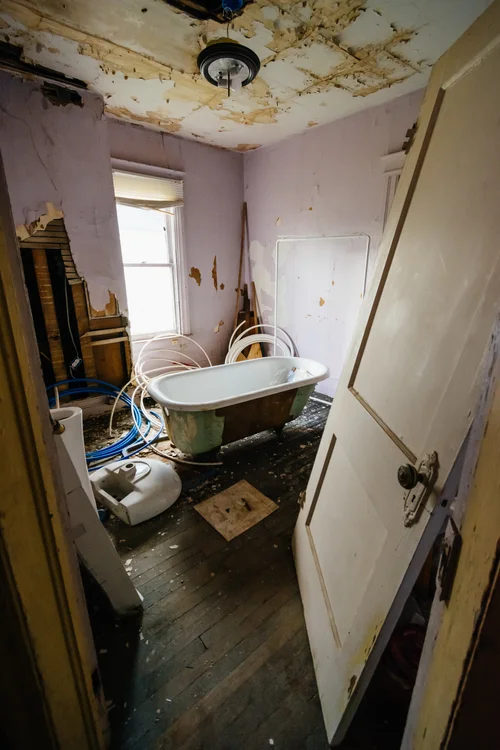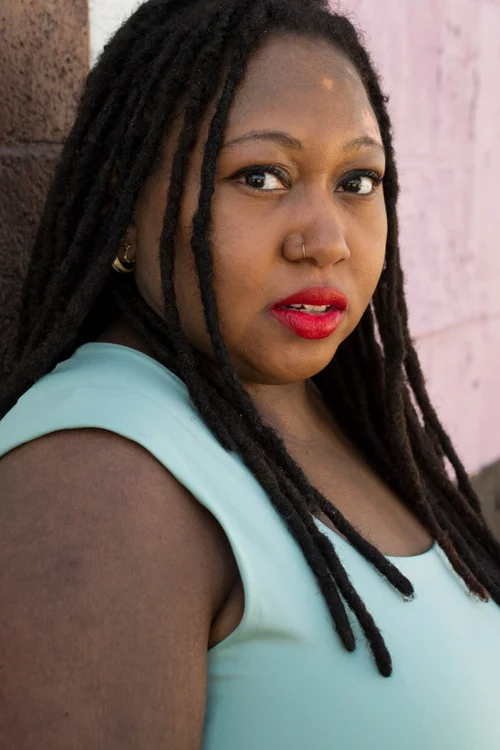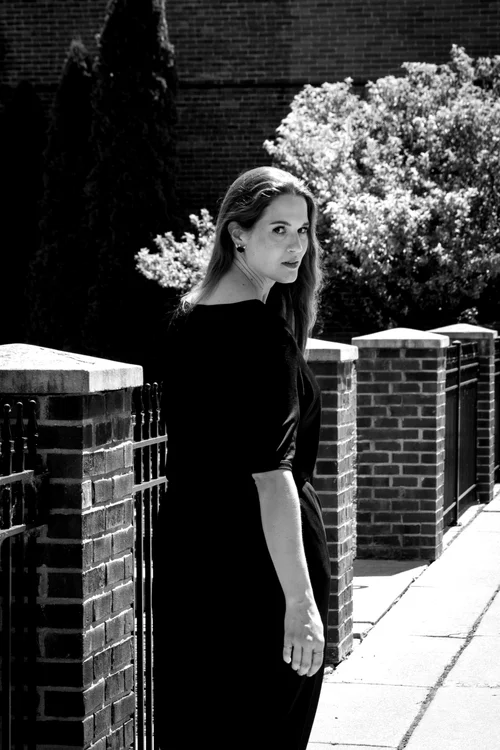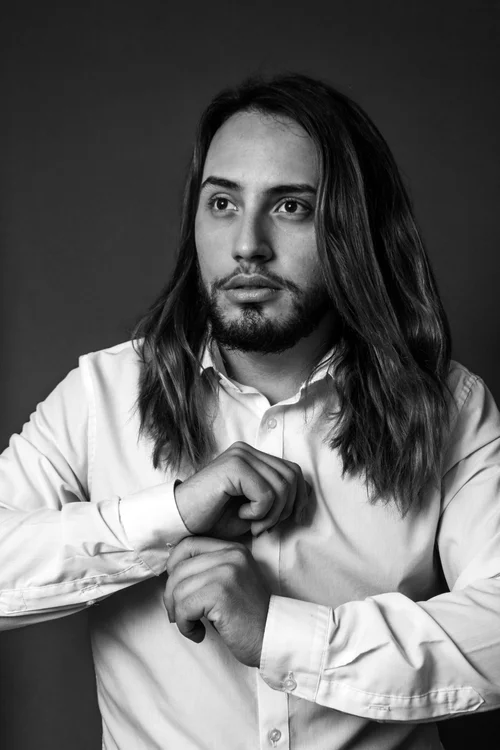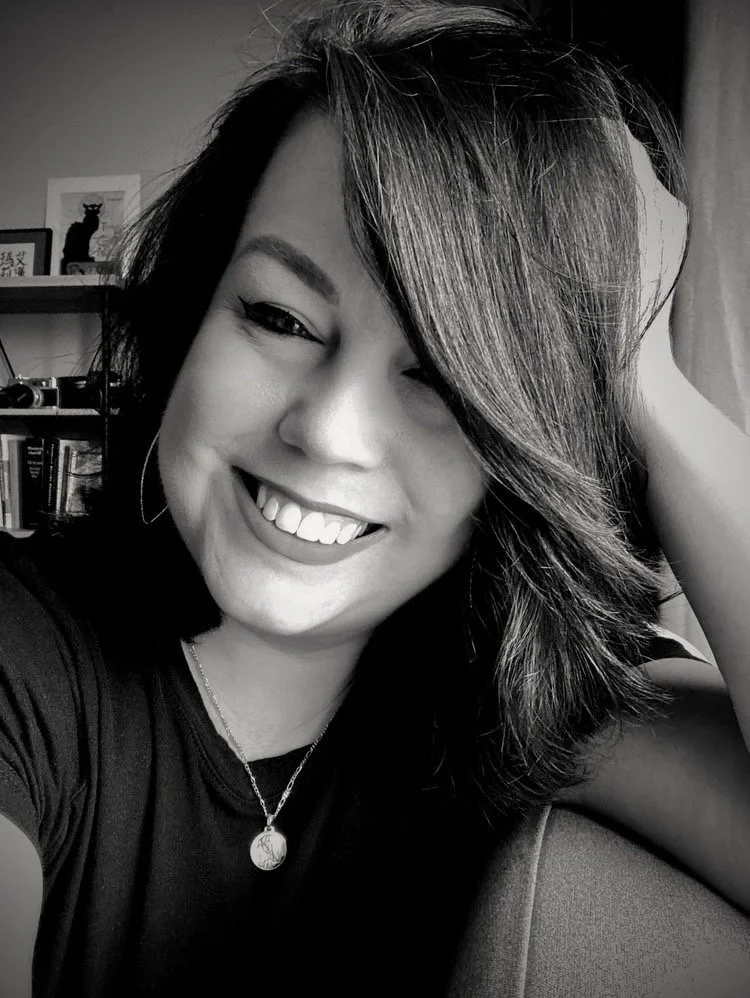

Today we’d like to introduce you to Erin Marie Miller.
Erin Marie, we appreciate you taking the time to share your story with us today. Where does your story begin?
Stories have fascinated me since I was very young. I remember spending holidays at the homes of older relatives when I was little, looking at old photographs and being captivated by the memories they would share from different periods in their lives. Even at that age, I recognized that stories had immense value and that history, including our personal and family histories, can only live on through the stories we share. When our stories are silenced or lost to time, so is part of history.
As I grew older, storytelling became increasingly important to me. From elementary school through high school, and even in college, my teachers and professors paid special attention to my writing and artistic abilities. Several of them seemed to make it their personal mission to challenge me to develop my storytelling skills, both visually and through writing. By my senior year of high school, visual storytelling had become my passion. Although writing will always be an important part of my life, photography still feels like home to me in a way nothing else ever has, or probably ever will.
In college, I pursued a degree in photography, with a minor in political science, and planned to work as an editorial photographer after graduation. I even started freelancing for local newspapers and magazines during my junior and senior years of college to give myself a head start. I also interned at a local magazine in Metro Detroit called Hour Detroit — an outlet that I still freelance for today. The magazine’s staff took my work and future career extremely seriously, and they all had so much faith in me. I still have solid relationships with my former editor and art director from that internship, and they still cheer for me even today. Those experiences shaped my understanding of the industry in ways my college courses couldn’t, and they defined what I wanted my future career to look like. I’m really thankful for that.
Since graduating with my photo degree over a decade ago, I’ve had some really incredible professional opportunities, both in photography and journalism. I was mentored by one of my favorite photographers in Los Angeles, where I used to live. I’ve also been commissioned to shoot and write for some amazing publications over the last decade, and won an award for my reporting a few years ago, which was a pretty cool experience.
But for all the fun jobs and experiences I’ve had over the years, I’ve also learned that photography and journalism are more about the journey than the destination. I think if you’re doing them right, there really shouldn’t be a destination at all. It should all just be one long, fascinating journey.
Can you talk to us a bit about the challenges and lessons you’ve learned along the way. Looking back would you say it’s been easy or smooth in retrospect?
I wouldn’t call it smooth, no. But what good is a story without some challenges and adversity? Early on, I think I was mostly worried about convincing my family that photography was a viable career path. At the time, the cost of living was more affordable than it is today, and the editorial industry was in a much healthier place, so it felt like the right direction for me — and I still think it was the right career choice, in spite of any obstacles along the way. I can’t imagine doing anything else, and even today I wouldn’t change a single thing about anything.
I think the biggest challenge has really just been the declining health of the photo and editorial industries. They both seem to be on a downward spiral that started around the same time I graduated from college. When digital media and social media really began to overtake print media, everything shifted. Online, photography got very homogenized and started to feel very “branded.” Everyone’s work basically ended up looking the same. A lot of newspapers were also absorbed by big media companies right before I graduated, so editorial budgets shrank, freelance rates plummeted and jobs became scarcer. But even ten years ago, I was still able to afford to rent part of a large studio in Detroit to work out of. Today, things are different. I would say the last five or so years have been the worst I’ve seen in the industry, especially the last two years.
But, I also think growth and opportunity often come out of periods of struggle and adversity. One of the things I’ve noticed about the state of the industry lately is that there is finally more room for sincere self-expression than there has been in over a decade. The current lull in the editorial industry — which I suspect will just be temporary — is really an opportunity to do the kinds of work we photographers actually feel pulled to do through personal projects, if we choose to view it that way.
Thanks for sharing that. So, maybe next you can tell us a bit more about your work?
As a photographer, I specialize in editorial, portraiture and documentary work. I also work as a freelance photojournalist for local outlets and cover local events. In addition to my client work, my personal projects are usually centered around time, place and the human experience. My camera and I have searched for common ground among divided Americans, explored the landscapes of the Mojave Desert, documented the development of an art and music residency in a long-overlooked Detroit neighborhood, told the stories of American women struggling with self-esteem and more.
As a journalist, my reporting often focuses on people, small businesses and the impact of public policy on local communities. I love telling stories in ways that are more comprehensive, unifying and on-the-ground than the usual angles that are often sees online. I’m also passionate about incorporating information from public records into my reporting to improve accuracy and minimize the potential for misinformation.
Networking and finding a mentor can have such a positive impact on one’s life and career. Any advice?
As a photographer, I think it’s important to find a mentor after you’ve learned the technical foundations of photography and once you’ve developed a portfolio. The reason is that it’s really important to have a general direction in mind for your career before working with a mentor.
I actually connected with my photography mentor accidentally, while attending a lecture he gave about his work at the Annenberg Space for Photography in Los Angeles. He recognized me from social media and struck up a conversation, and later offered to help me develop my work further after I graduated from college. He and his wife ended up becoming like second parents to me, and I’m so thankful for the guidance I received during the several years I was under his mentorship. Even now, over a decade later, the door is still open for me to ask for help or request a critique of my work. That’s how valuable mentors can be — they can become lifelong friends and coaches. That said, aspiring photographers need to be ready to invest as much time and effort into developing their work as their mentor does. Otherwise, it won’t work.
For aspiring journalists, I highly recommend doing an internship at a newspaper or magazine if you can find one. I learned so many valuable things about the industry as an intern that I never learned in school. I also learned uniquely helpful things that are sometimes glossed over or skipped in J-school today, like “magazine style” fact-checking and the print publication process.
As far as networking, it can be helpful to join professional organizations — for photographers, think American Photographic Artists (APA), the American Society of Media Photographers (ASMP), Professional Photographers of America (PPA), or the National Press Photographers Association (NPPA). For journalists, the Society of Professional Journalists (SPJ) or the National Press Club are good options to consider. Even as a student, you can attend networking events, find mentors, and access resources to support your professional development.
Pricing:
- My rates vary by assignment.
Contact Info:
- Website: https://www.erinmariemiller.com
- LinkedIn: https://www.linkedin.com/in/erinmariemiller
- Other: https://vsco.co/erin-marie-miller
